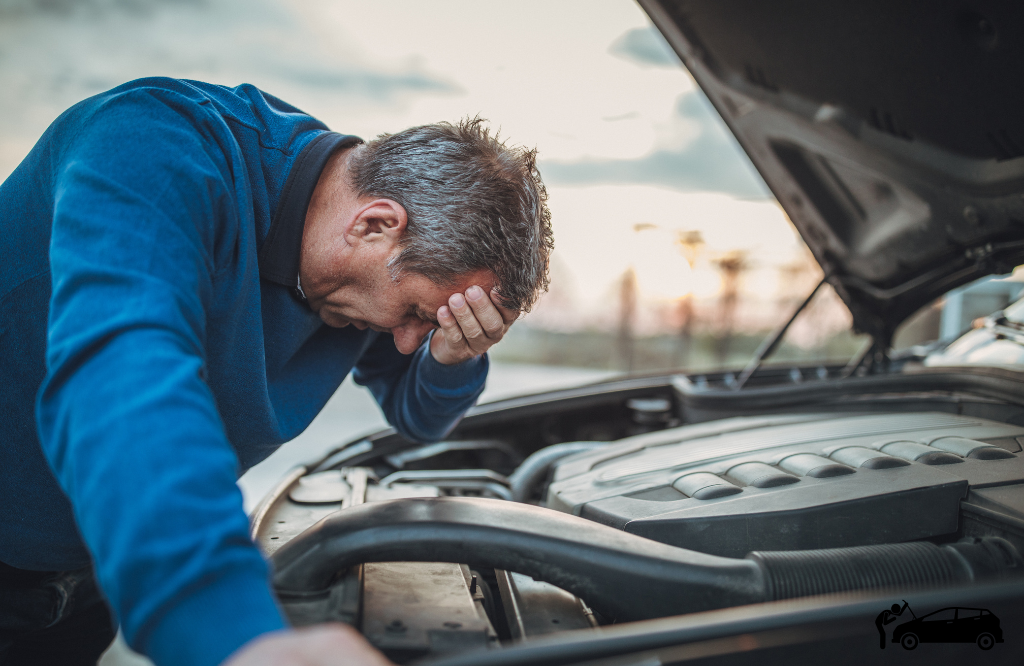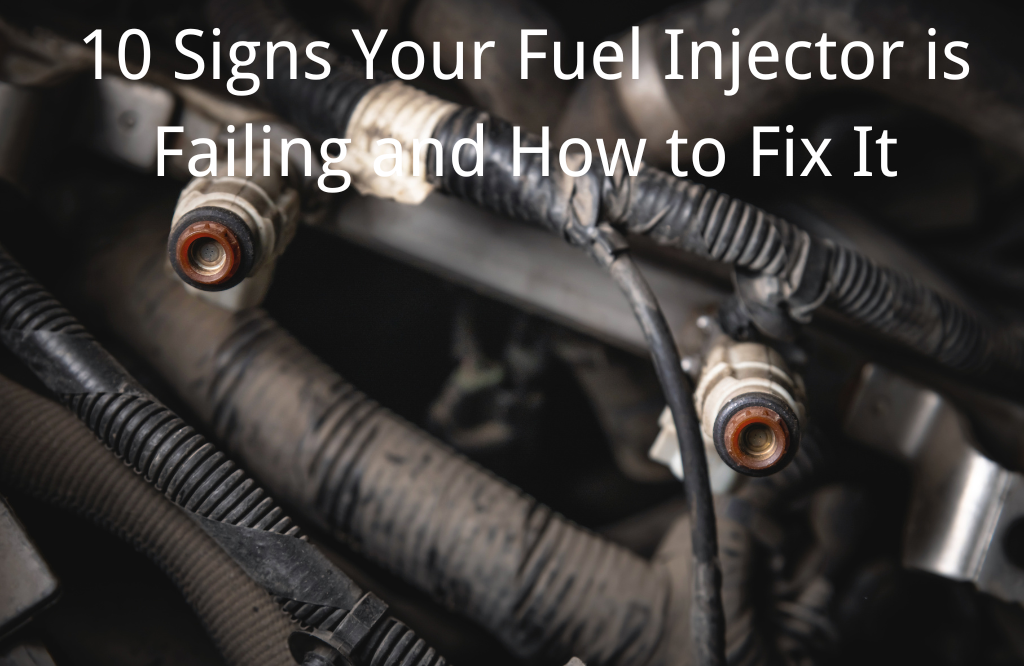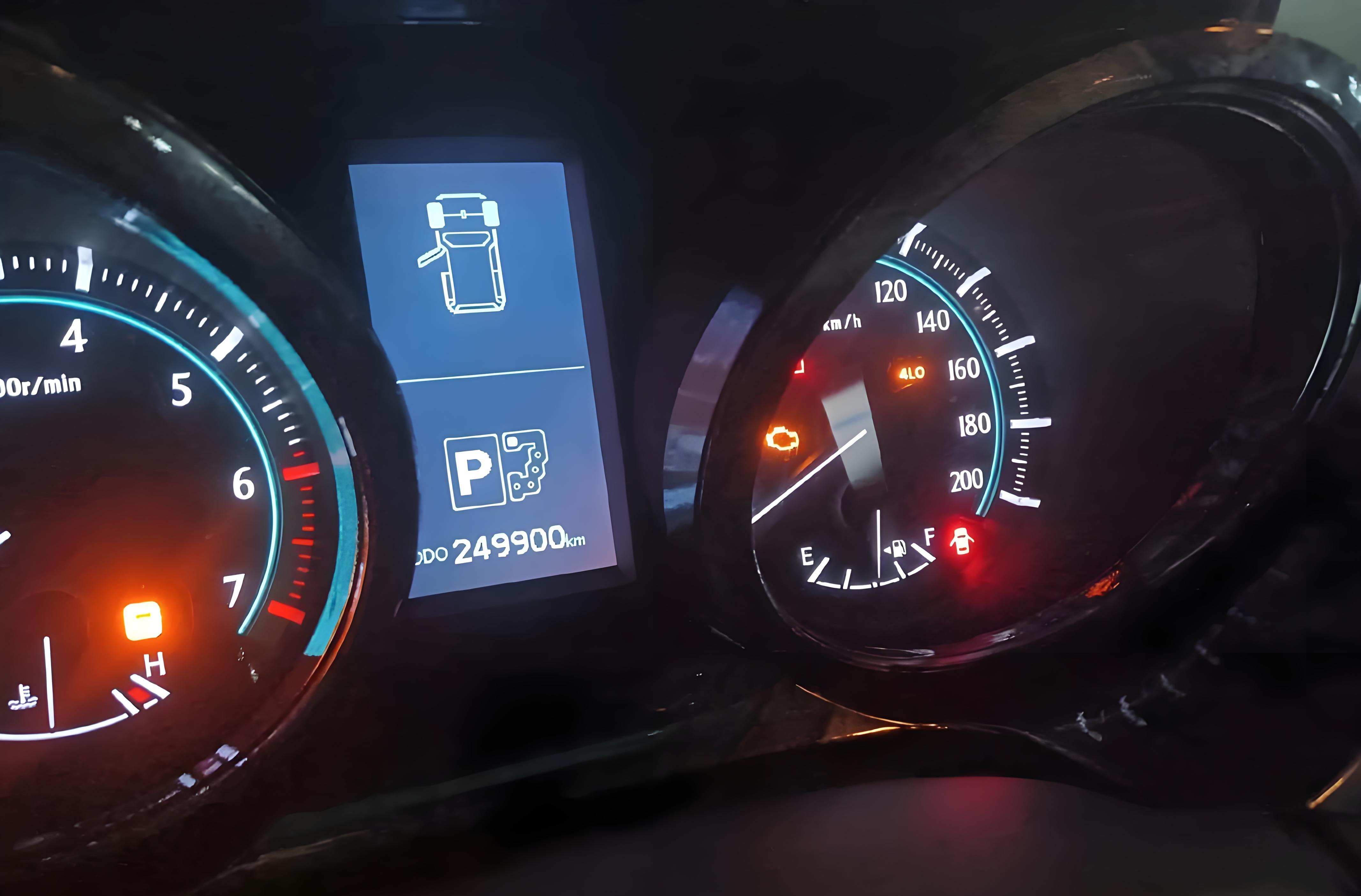If your car begins getting agitated, it can be difficult to pinpoint the cause. A knock sensor that isn't working? This is a problem that most car owners don't recognize until it creates serious problems. In this post, we'll be exploring the typical symptoms of a knock sensor that isn't working properly and ways to identify and fix or avoid it. Stay with me, and I'll guide you through what's going on beneath your car's hood.
What is a Knock Sensor?
Before we go into the signs, let's review the basics. The knock sensor is a component of the engine designed to detect pinging or knocking sounds within your engine. These sounds result from the combustion of the air-fuel mixture in the engine starting too early. The sensor detects abnormal combustion and transmits a signal to the vehicle's ECU (Engine Control Unit) that adjusts the engine's speed to avoid damage.
Common Symptoms of Faulty Knock Sensor
A knock sensor that's not working properly could cause serious problems for the performance of your engine. Here are the most frequent signs you'll observe when the knock sensor is damaged:
Engine Performance Issues
If the knock sensor in your vehicle isn't functioning correctly, you'll probably notice an increase in engine performance. Expect:
- The loss of power during acceleration
- Fuel efficiency is reduced
- Unusual hesitation when you hit the gas pedal
This is because the engine of your car isn't adjusting the timing of the ignition properly. In the absence of a sensor, your engine won't know when to adjust itself, which results in poor performance.

Check Engine Light (CEL)
If you've ever seen the Check Engine Light (CEL) flash on, you're aware it's a sign of something wrong. If the knock sensor is damaged, your vehicle's ECU will likely detect an error and then turn on the CEL. Typically, the code relating to a defective knock sensor is P0325 or something similar.

Poor Acceleration or Hesitation
If your vehicle slows down or becomes sluggish when it accelerates, it could be the result of a knock sensor not functioning properly. Because the sensor controls the engine's timing in the absence of it, you may be experiencing noticeable delays when you attempt to accelerate. This could make your car appear slow and inactive.

Rough Idle or Stalling
Another frequent symptom is rough idle. If knock sensors are malfunctioning it can result in the engine operating in a erratic manner and, in a few instances the engine could slow down. You'll hear the engine roar and the car may appear to be about to stop completely.
Abnormal Engine Noise
A malfunctioning knock sensor could cause a knocking sound within the engine. This is because the sensor isn't sensing abnormal combustion, resulting in the engine "pinging" or knocking. If you notice this type of sound, it's important to have the problem checked out as soon as possible. Long-term knocking can cause serious damage to your engine.
Causes of Faulty Knock Sensor
There are many different reasons why your knock sensor could fail, such as:
- Wiring issues: The wiring connected to the knock sensor can become corroded, damaged, or loose, leading to a poor signal.
- Sensor damage or wear: Over time, the sensor itself can wear out or become damaged, causing it to malfunction.
- Engine misfires: Misfires in the engine can also affect the knock sensor and prevent it from working correctly.
- External factors: Excessive heat, vibrations, or debris can cause physical damage to the sensor.
How to Diagnose a Faulty Knock Sensor
Your car is getting a little agitated. What can you do to be certain if knock sensors are the cause? Here's how to diagnose it:
OBD-II Scanner Diagnostics
The easiest method to determine whether the knock sensor is the problem is to use an OBD2 scanner. This scanner can read diagnostic codes of your car's ECU. If there's an issue with your knock sensor the scanner could reveal a code, such as P0325 that specifically points to a malfunctioning knock sensor.
Manual Inspection
You can also inspect manually the sensor. Examine for any obvious damage to the sensor or its wiring. If you notice corrosion or frayed wires it's a sign the sensor may be malfunctioning. Be aware that this could require the removal of certain engine components to reach the sensor, and it's usually best left to professionals if not confident in doing it yourself.
Listen for Abnormal Engine Noise
Remember those knocking sounds that we discussed? If you notice any type of unusual or metallic sound emanating from the engine when driving, it could indicate that the knock sensor isn't working. While this is a difficult issue to identify without an experienced ear, it's something you should keep in mind if hearing anything strange.
How to Fix or Replace a Faulty Knock Sensor
If you've identified the issue and determined that the knock sensor is not working, it's time to repair it. This is what the procedure looks like:
DIY Knock Sensor Repair Tips
If you're a skilled mechanic, you may be able to repair the knock sensor on your own. Here's the information you'll need:
- Hand tools for basic use like ratchet screw sockets, sockets, and pliers
- A brand new knock sensor has been introduced (make sure you're using the correct model for your vehicle)
- A new harness, if needed
Start by disconnecting your battery of the car. Then, take out any components that could be blocking the way, such as the intake manifold to gain access to the sensor. Then you'll need to remove the old sensor and replace it with the brand new sensor, and then connect everything.
When to Seek Professional Help
If you're not confident doing it yourself it's recommended to bring your vehicle to an expert mechanic. The replacement of a knock sensor could be a challenge, especially when it's in a difficult-to-access location.
Cost to Replace Knock Sensor
The price of replacing the knock sensor is different according to the model and make. On average, it can vary between 200 to $500 for labor and parts. If you're doing it yourself the price of the component by itself will typically be between $50 and $150. .
Preventing Knock Sensor Failures
After you've solved the issue, It's important to be proactive to stop it from occurring again. Here's how to accomplish that:
Regular Engine Maintenance
Routine maintenance is crucial. Regular oil replacements, fuel system cleaning, and ensuring that your engine is in good shape can ensure that your knock sensor is in good working order.
Keeping the Engine Clean
Dirt and debris could damage delicate components such as knock sensors. Make sure that your engine is free from dirt.
Proper Vehicle Storage
If you're planning to store your vehicle for a long period of time, ensure it's in a secure, dry, dry place. Excessive heat or moisture may harm engine parts, such as the knock sensor.
FAQs
What happens when you drive with an ineffective knock sensor?
Driving with a faulty knock sensor could make your engine run at a lower efficiency, which can result in poor performance, lower fuel efficiency, and possibly long-term damage to your engine.
Do faulty knock sensors cause damage to the engine?
Yes, when left unchecked, a malfunctioning knock sensor could result in engine knock, which could cause damage to the engine's components as time goes by.
What is the time it will take to replace the knock sensor?
Replacing a knock sensor can take from 1-to-3 hours depending on the vehicle you use and where the sensor is located.
What does it cost to fix a defective knock sensor?
The cost of replacing or repairing the knock sensor that is malfunctioning is between $200 and $500, based on the model and make.
Conclusion
A malfunctioning knock sensor could affect the engine's performance and cause slow acceleration, loud engine, and even stalling. If you notice any of these symptoms, it's time for you to take action. Find the issue with an OBD-II scanner, and if you're satisfied with it, you can replace the sensor yourself. If not, seek professional assistance. Keep your engine in good working order, and you can prevent this issue in the future.
Keep an eye on car issues prior to them becoming major problems.




Leave a comment
This site is protected by hCaptcha and the hCaptcha Privacy Policy and Terms of Service apply.